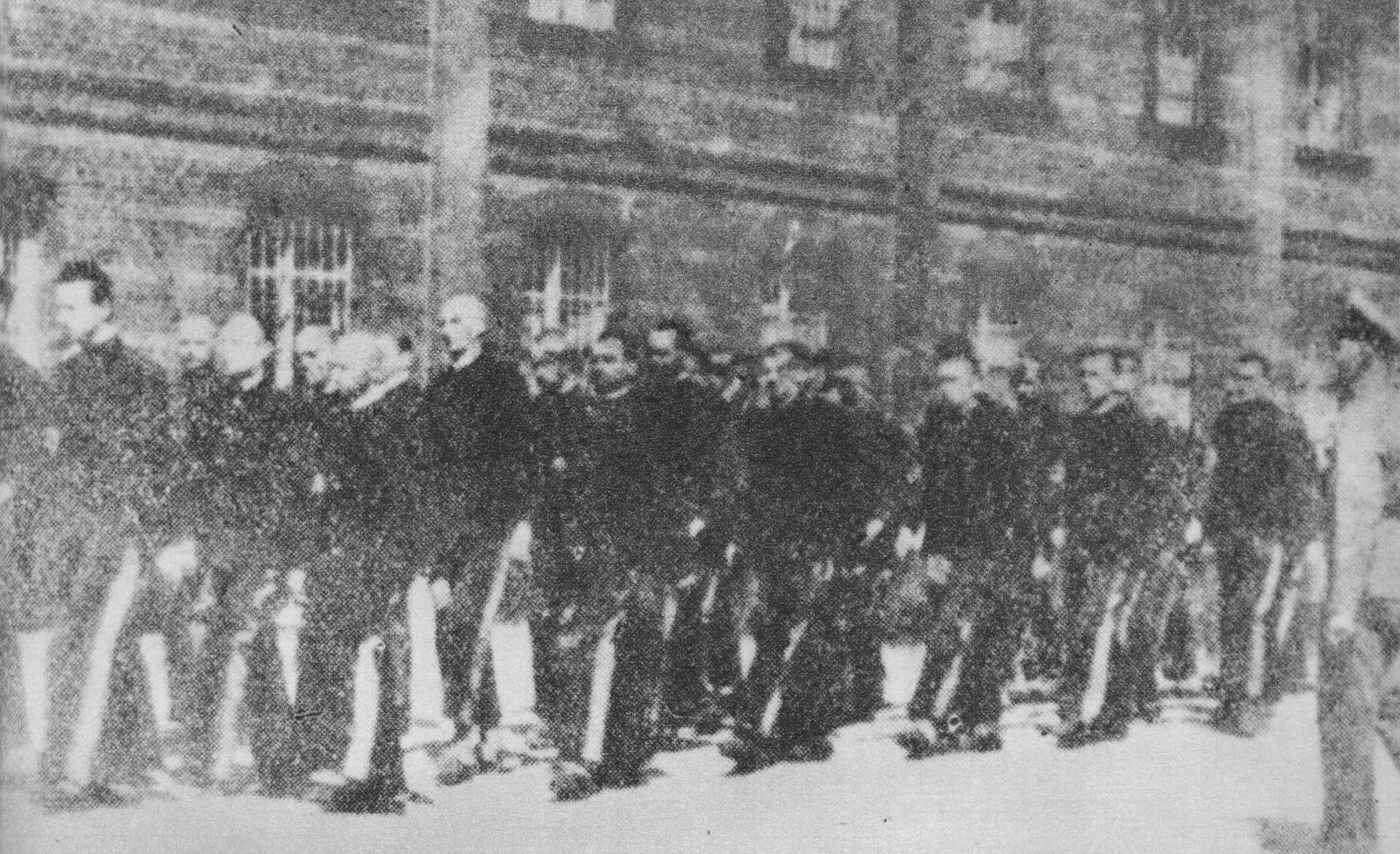Koronowo Prison
6

Overview
Koronowo Prison, operating from September 1939 to January 1945, was one of the harshest penitentiaries established by the German authorities in the occupied Pomeranian territories. It was located in a former Polish prison, organized within a 14th-century Cistercian monastery, which gave it a distinctive architectural appearance tied to the region's historical heritage. After the town was seized by the Wehrmacht, the Germans began mass arrests of Poles, resulting in approximately 1,800 people being imprisoned, of whom 631 died due to brutal living conditions. The prison also served as a camp for interned civilians, where detainees were interrogated by a commission composed of German officials. As a result of harsh treatment, minimal food rations, and exhausting labor, some prisoners developed severe illnesses, leading to a high mortality rate. In 1942, an underground organization called "Bukiecik" was formed, which smuggled food and letters to the prisoners. After the war, the communist authorities transformed the facility into a prison of the Ministry of Public Security, where brutal repression continued. Today, the Koronowo Prison is located on the site of the former prison, and a monument commemorating the tragic fate of the deceased prisoners has been erected in the cemetery. Set against the backdrop of the socio-political realities of the time, Koronowo Prison remains an important element of the memory of the repression that Poland once faced.
Location
2026 Wizytor | All Rights Reserved